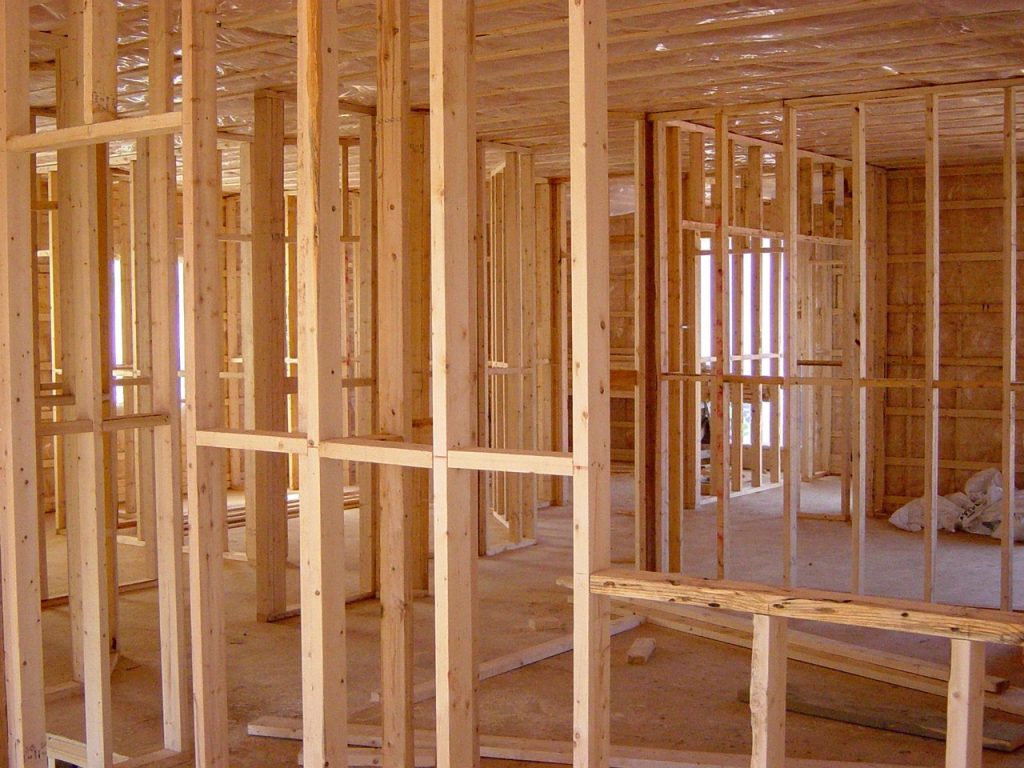Navigating Construction Disputes: Mediation vs. Litigation
- by Disputeresolutioncounsel
- in Uncategorized
- on October 16, 2023

Construction projects, no matter how meticulously planned, can encounter disputes and conflicts. When these disagreements arise, construction professionals must decide how to resolve them. Two common methods for dispute resolution are mediation and litigation. In this article, we’ll explore the differences between these approaches and when to use each one.
Mediation:
Mediation is a voluntary and non-binding process in which a neutral third party, the mediator, assists the parties involved in a dispute to reach a mutually acceptable agreement. Here’s why mediation is often favored in the construction industry:
- Cost-Effective: Mediation is typically less expensive than litigation. It saves money on legal fees, court costs, and lengthy trials.
- Time-Efficient: Mediation can resolve disputes more quickly, allowing construction projects to proceed without significant delays.
- Preservation of Relationships: Construction projects often involve ongoing relationships between parties. Mediation helps preserve these relationships by promoting cooperation and communication.
- Custom Solutions: Mediation allows for creative, customized solutions that can better address the specific needs of the parties involved.
- Confidentiality: Mediation is a confidential process, which can protect sensitive project information from becoming public record.
Litigation:
Litigation, on the other hand, involves a lawsuit in which the dispute is resolved through a court trial. Here are some instances where litigation may be necessary in construction disputes:
- Intractable Disputes: When parties cannot agree on a resolution through negotiation or mediation, litigation may be the only viable option.
- Legal Precedent: Litigation may be preferred when a legal precedent needs to be set or when a dispute involves complex legal issues.
- Enforcement of Contracts: Litigation can ensure the enforcement of contracts and legal rights, providing a structured and legally binding resolution.
- Evidence Collection: Litigation allows for legal processes such as depositions, discovery, and evidence collection, which can be critical in complex disputes.
When to Choose:
The choice between mediation and litigation depends on the nature of the dispute and the specific project circumstances. In construction, many disputes can be effectively resolved through mediation, thanks to its cost-efficiency, speed, and relationship-preserving benefits. However, for disputes involving severe breaches of contract, complex legal issues, or when other parties refuse to cooperate, litigation may become necessary. A well-informed decision should consider the project’s interests, budget, and the willingness of parties to collaborate.
